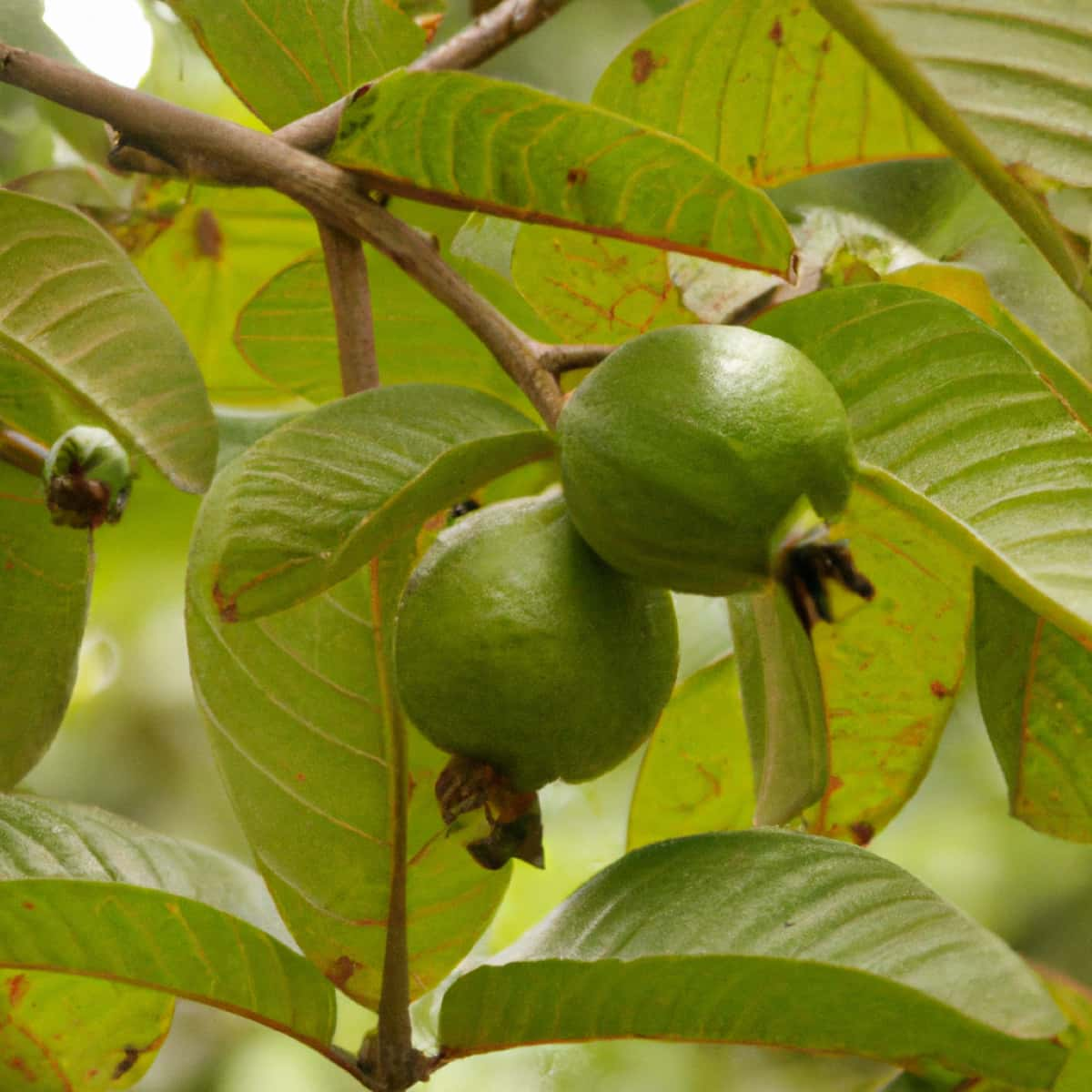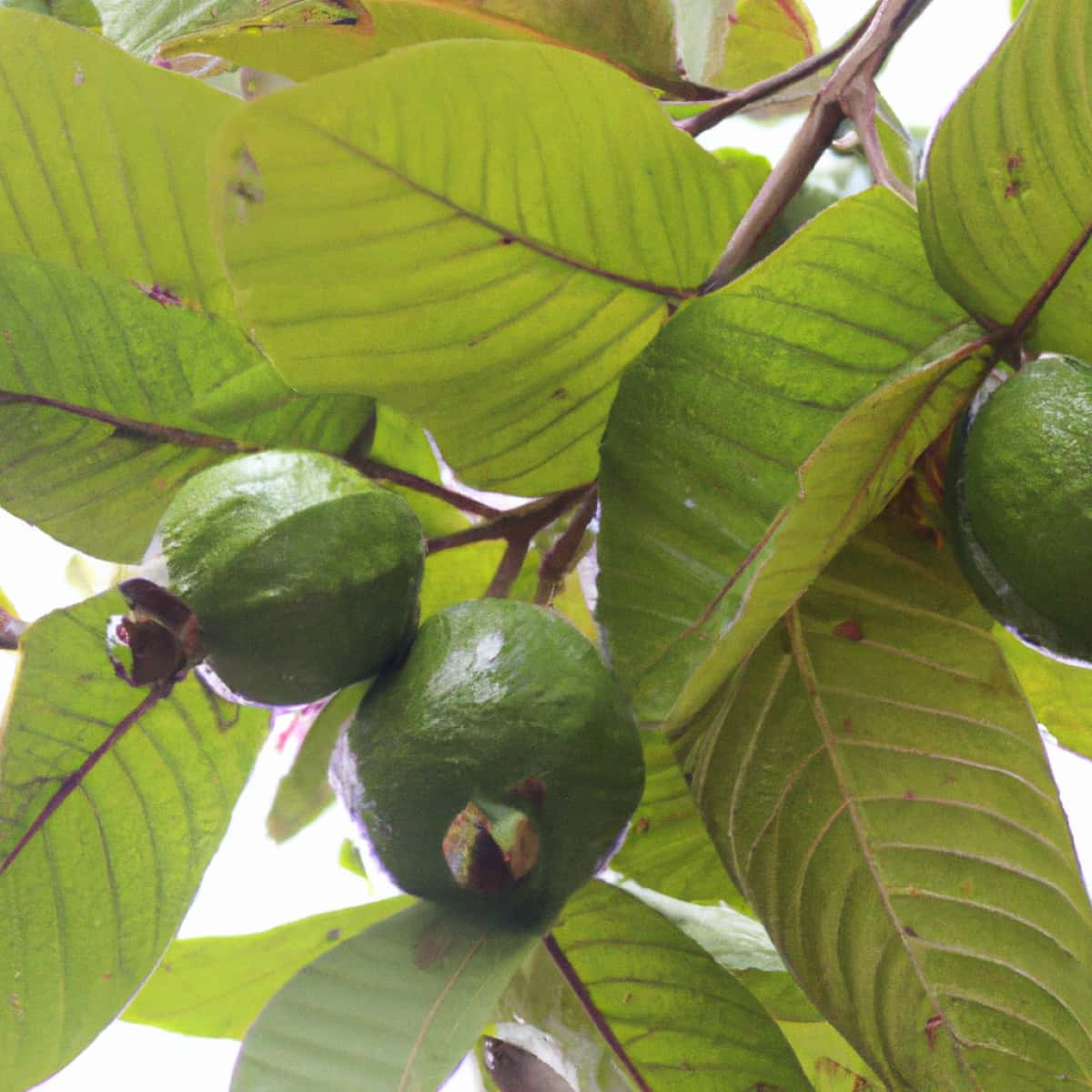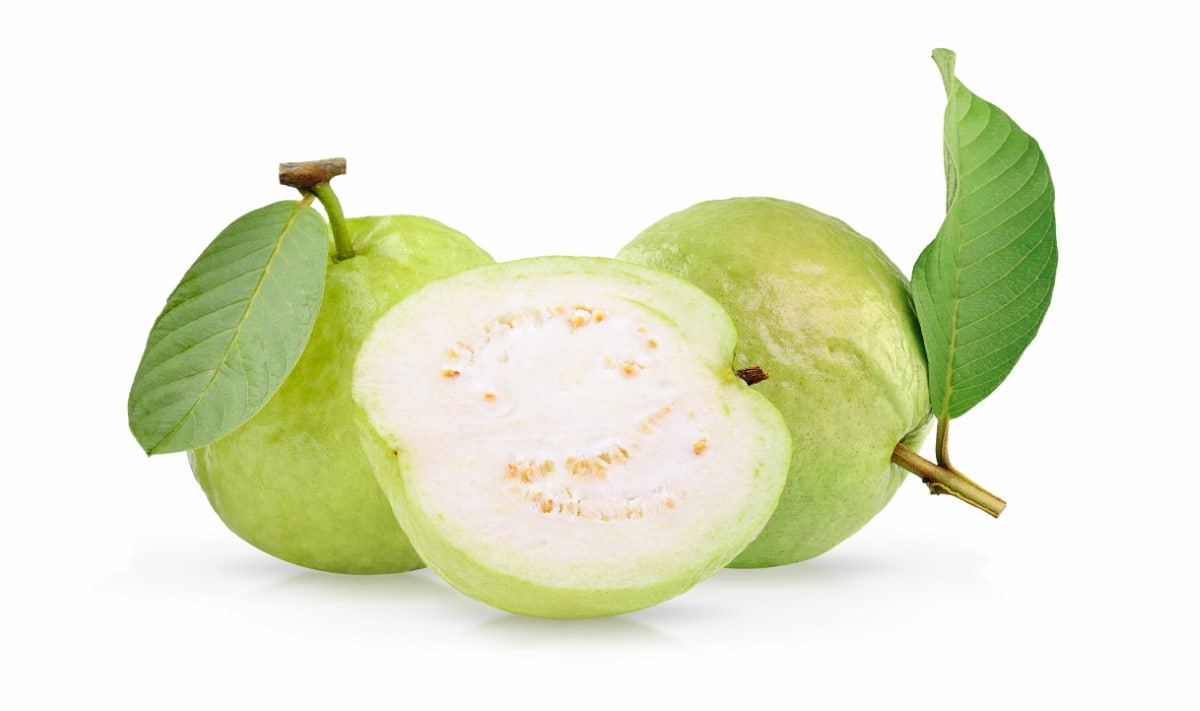Farming is an industry that is both traditional and evolving. Contract farming is one area experiencing considerable growth, specifically with crops like guava. Contract farming provides farmers with an agreement before the start of the season, ensuring that they have a definite market for their product at the end of the harvest. This article aims to dive into the details of guava contract farming, discussing how it works, its benefits, and, most importantly, the profit one can expect from an acre of guava farming.

Guava Contract Farming
The Basics of Guava Contract Farming
Guava contract farming is an arrangement where a farmer agrees to plant and grow guava trees on a specific piece of land, and a buyer, usually a company or a cooperative, promises to purchase the harvest at a fixed price. This farming method benefits both the buyer and the farmer by securing a steady supply for the buyer and ensuring a consistent market and a fixed income for the farmer.
Understanding the number of guava trees planted in a given area is crucial to estimate the potential yield and profits. Approximately 200 to 220 guava trees can be planted on one acre. The guava tree spacing typically ranges from 15 feet by 15 feet to 18 feet by 18 feet, considering the standard square planting system. This allows enough space for each tree to mature and yield optimally, contributing significantly to the total output of guava fruits per acre.
Estimating Profit Per Acre of Guava Farming
Various elements impact the calculation of guava farming’s profit per acre. These include the number of trees per acre, the average yield per tree, the cost of farming operations, and the price at which the harvest can be sold. Assuming an average yield of about 80-100 kg of guavas per tree per year, with 200 trees per acre, this equates to around 16,000 to 20,000 kg annually. Guava prices vary widely based on factors such as quality, demand, and market conditions.
However, a reasonable average price could be around $0.50 per kg. With these estimates, the gross income from an acre of guava farming would be around $8,000 to $10,000. On the other hand, the cost of farming operations also needs to be considered. This includes planting, irrigation, pruning, pest control, fertilizers, labor, and other farm management expenses.
These costs can vary widely based on many factors, including the local cost of labor and the specific farming practices used. However, a reasonable estimate could be around $2000 to $3000 per acre annually. Subtracting the cost of farming operations from the gross income gives us the net profit. Using the above estimates, the net profit per acre of guava farming could range from $5,000 to $8,000 annually.
The Benefits and Challenges of Guava Contract Farming
Guava contract farming presents a host of benefits for both farmers and buyers. For farmers, the most significant advantage is the guarantee of a market for their harvest. They can focus on producing the best possible crop without worrying about how and where to sell it. This arrangement also typically provides the farmer with the necessary resources, such as high-quality planting materials and technical guidance, which helps enhance the farm’s overall productivity.
In case you missed it: 9 Causes of Dying Guava Tree and How to Fix It?

Buyers, usually companies or cooperatives, benefit from contract farming as it assures a steady product supply. With guava being a popular fruit with high demand, ensuring a regular supply helps these companies maintain their market position and meet consumer needs. This arrangement also allows them to influence the production process, encouraging farming practices that ensure the quality and safety of the product, a key consideration in today’s health-conscious market.
However, guava contract farming is not without its challenges. The dependence on nature and its vagaries is a constant risk. Unfavorable weather conditions, disease outbreaks, and pest attacks can significantly impact the harvest and income. These uncertainties necessitate risk management strategies, such as crop insurance and adopting integrated pest management practices.
Contract farming also involves a certain level of dependency on the buyer. Unforeseen circumstances can lead to the buyer breaking the contract, leaving the farmer with excess produce and no assured market. This dependency can sometimes tilt the balance of power toward the buyer. Hence, robust legal frameworks and fair contract terms are crucial to protect the interests of farmers.
Quality Control and Maintenance in Guava Contract Farming
Another important step in guava contract farming is the emphasis on quality control and maintenance of the orchard. This involves a series of processes, from regular orchard inspection, identifying and addressing issues related to pests and diseases, and proper pruning and fertilizing of the trees. Regular soil tests should be carried out to maintain optimal soil health, and irrigation must be adequately managed to ensure the trees receive sufficient water without being waterlogged.
In case you missed it: Frequently Asked Questions About Growing Guava from Seed to Harvest

In addition, ripe guavas need to be carefully harvested to avoid damaging the fruit and to maintain their freshness and quality. All these processes help maintain the health and productivity of the guava trees, ultimately contributing to a higher yield and profit. It also ensures that the produce meets the quality standards set by the buyer, thereby adding to the marketability of the crop and the likelihood of securing profitable contracts in the future.
Conclusion
Guava contract farming can be profitable, with potential profits per acre ranging from $5,000 to $8,000. However, this profitability depends on various factors, including the number of trees per acre, the yield per tree, the costs of farming operations, and the price at which the guava can be sold. While the average number of trees planted per acre is around 200 to 220, this can vary based on the specific planting method and spacing.
Guava contract farming presents numerous benefits, including a guaranteed market for farmers and a steady supply for buyers. Yet, it is not without its challenges. Adverse weather, diseases, pests, and buyer default are all potential risks. Nevertheless, with robust risk management strategies and fair contract terms, these challenges can be mitigated to make guava contract farming a lucrative and sustainable business for farmers and buyers.
- Ultimate Guide to Ossabaw Island Hog: Breeding, Raising, Diet, and Care
- Ultimate Guide to Juliana Pig: Raising Facts, Size, Diet, Care, and Lifespan
- Raising Lleyn Sheep: Disadvantages, Price, Uses, Characteristics, and Care
- Ultimate Guide to Meishan Pig: Breed Facts, Breeding, Raising, and Care
- Ultimate Guide to Teacup Pigs: Raising, Diet, Lifespan, Cost, and Care
- Guide to Raising Poll Dorset Sheep: Facts, Profile, Characteristics, Uses, and Care
- Ultimate Guide to Bighorn Sheep: Characteristics, Diet, Lifespan, Breeding, and Lifecycle
- Ultimate Guide to Raising Katahdin Sheep: Farming Facts, Breed Profile, Uses, and Care
- Ultimate Guide to Raising Oreo Cows: Belted Galloways Farming Facts, Profile, Uses, and Care